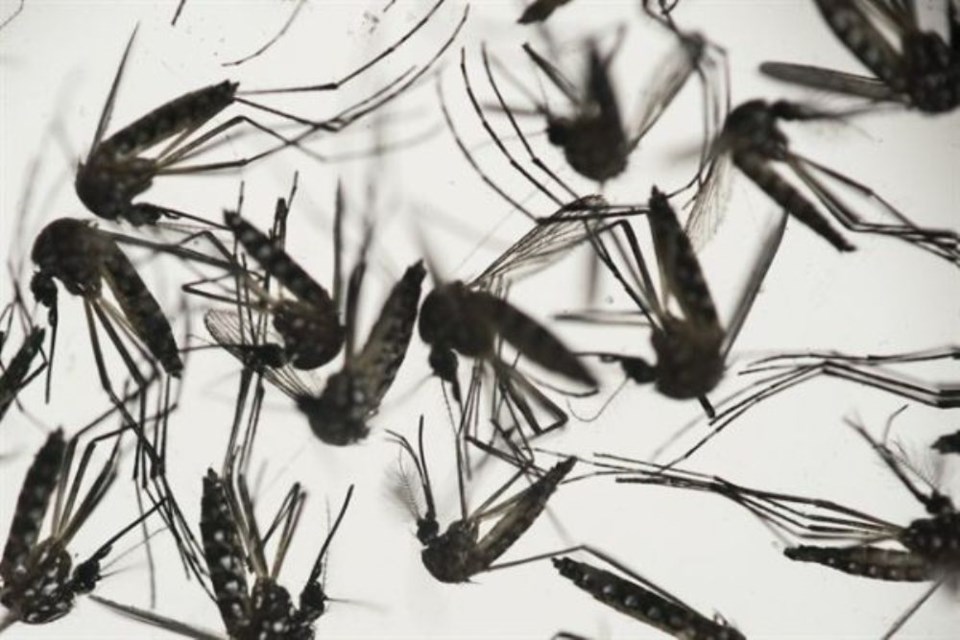THUNDER BAY - The mosquito-borne Zika virus will not likely become a global pandemic that spreads into Northwest Ontario.
"Be on heightened awareness that this is not a contagious disease," said Hilary McIver, Thunder Bay Health Sciences Centre’s infection prevention and control. "The virus is spread by mosquito bites and does not have long-lasting effects."
McIver’s comments came just before the UN’s World Health Organization declared the disease an international emergency. Christian Lindmeier told the Associated Press shortly after that decisions was made public that WHO intended to examine the evidence and identify gaps before moving forward with research.
The virus lives for three to 12 days following the initial mosquito bite.
Some of the signs and symptoms caused by the Zika virus include headaches, skin rash, joint pain, and red eyes. These symptoms usually last for about a week and many people may be unaware they’ve been infected at all.
 "The virus is primarily a health concern for pregnant or childbearing women," McIver added.
"The virus is primarily a health concern for pregnant or childbearing women," McIver added.
The virus in pregnant women have been correlated with some birth defects, including infants born with abnormally small heads.
"At the present time there is no vaccination,” She said. “They are presently working on a vaccine, which will not be ready until the fall."
Pregnant women are being encouraged not to travel at this time.
"We encourage that if you have booked travel plans you should talk to your family physician before leaving the country."
At this time, there are some airlines that are giving refunds to pregnant women who have already booked vacations.
Those travelling to places like Brazil, Mexico, Barbados or Jamaica are urged to use mosquito repellent and to cover up as much as possible.
"We will treat your signs and symptoms as you come in," McIver said. "We have given our emergency department the case definition and the signs and symptoms to look for."
